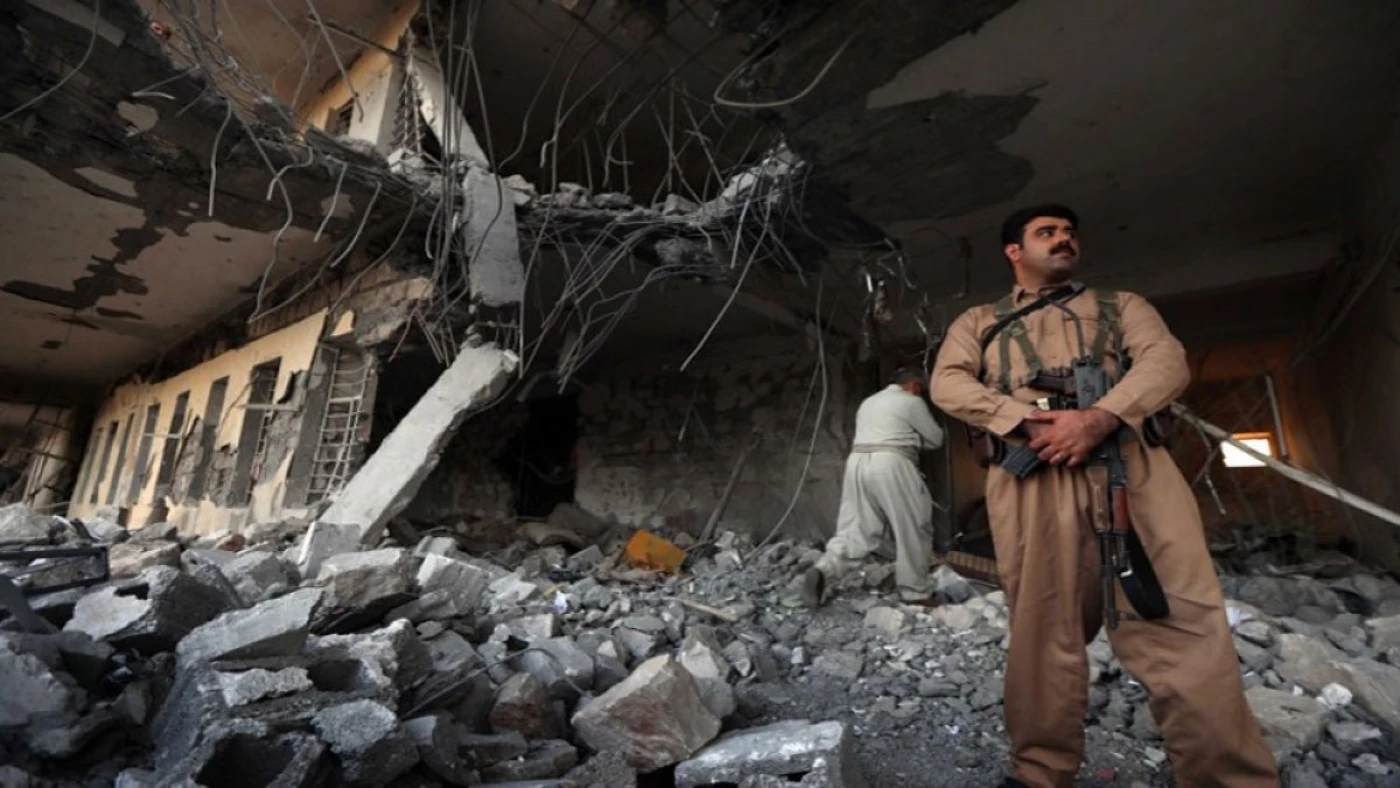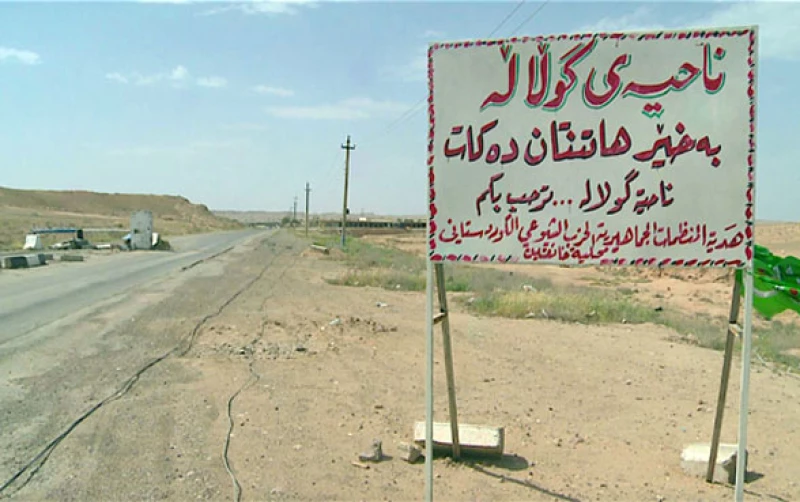ERBIL, Kurdistan Region of Iraq - Informed Iraqi political sources revealed Saturday that Iraq has received “veiled” Iranian threats regarding potential airstrikes against Iranian opposition parties based in the Kurdistan Region.
Speaking to The New Region, a well informed source said Iranian Deputy Foreign Minister for Political Affairs, Majid Takht-Ravanchi, who recently visited Iraq, conveyed messages to Iraqi political parties in both Baghdad and the Kurdistan Region.
These messages warned of the consequences of failing to fully adhere to the security agreement that limits the movements and activities of Iranian Kurdish opposition parties within the Kurdistan Region.
Tehran has reportedly detected “suspicious movements” by these groups in recent times.
The source added that Iran explicitly informed the Iraqi government that any failure to uphold the agreement and the resurgence of armed activities by these parties would push Tehran to resume military airstrikes against them, as they pose a threat to Iranian national security.
Iran urged both Baghdad and Erbil to curb the activities of these parties in accordance with the agreement.
The source also noted that Baghdad is taking the Iranian threat seriously and is making efforts to enforce the security agreement. This includes increased coordination between Baghdad, Erbil, and Sulaimani.
In response, the head of the media office of the Kurdistan Democratic Party of Iran (KDPI), Mohammed Nazif Ghaderi, denied reports of Iranian threats against Iraq.
Speaking to The New Region, Ghaderi said “the claims of Iranian threats against Iraq due to the presence of Iranian opposition in the Kurdistan Region are merely repeated statements circulating on social media.”
Ghaderi further clarified that neither the Kurdistan Regional Government (KRG) nor the Iraqi government had received any official notification regarding such threats. He emphasized that Iran has no justification for launching an attack on them.
Iraq’s National Security Advisor, Qassem al-Araji, recently held a meeting in Erbil to oversee the implementation of the Iraq-Iran security agreement.
According to a statement from the Iraqi National Security Advisory, Araji, along with a high-ranking security delegation, met with Kurdistan Region Interior Minister Reber Ahmed and other officials. The meeting focused on the enforcement of the security agreement between Iraq and Iran and other issues related to border security.
In late 2023, Baghdad and Erbil began dismantling the headquarters of Iranian Kurdish opposition parties as part of this agreement. This move came in response to Tehran’s threats to launch military operations in areas along the shared border.
Tehran has time and again launched attacks on these groups, most notably in September 2022, when Iranian drones and missiles showered over the KDPI’s bases in Koya, killing nine people. Tehran at the time said that the groups were inciting protests that at the time were happening in Iran over the death of Kurdish woman Jina Amini in morality police custody.
In July 2024, Iraqi Foreign Minister Fuad Hussein announced that some members of the Iranian opposition parties in Iraq had been relocated to refugee camps, while others had traveled abroad as part of a prior agreement between the two countries.
In August 2024, the security committee responsible for implementing the Iraq-Iran security agreement held several meetings in Sulaimani with politicians and military leaders to ensure the agreement’s provisions were being enforced.
At that time, Araji confirmed that the security committee was engaged in continuous discussions to implement the agreement between Iraq and Iran.
Last year, Iraqi Ministry of Interior announced that it had removed Iranian opposition presence near the Iraq-Iran border at Tehran’s request, citing security concerns.



 Facebook
Facebook
 LinkedIn
LinkedIn
 Telegram
Telegram
 X
X


